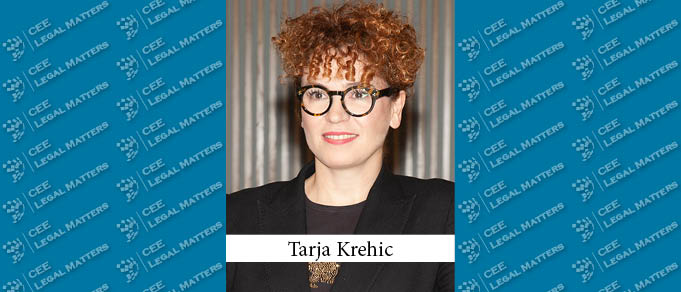The global pandemic has impacted all markets, with subsequent ramifications for M&A. Investors are now seeking greater protection against general lock-downs and supply-chain disruptions, while governments aim to protect critical supplies and services by imposing new regulations on foreign investment in crucial or strategic industries. If you are considering investment opportunities in Hungary, take a look at this overview to get insight into the regulations on foreign investment in strategic industries.
Foreign Direct Investment in Central Europe: Croatia
The global pandemic has impacted all markets, with subsequent ramifications for M&A. Investors are now seeking greater protection against general lock-downs and supply-chain disruptions, while governments aim to protect critical supplies and services by imposing new regulations on foreign investment in crucial or strategic industries.
Foreign Direct Investment in Central Europe: Bulgaria
The global pandemic has impacted all markets, with subsequent ramifications for M&A. Investors are now seeking greater protection against general lock-downs and supply-chain disruptions, while governments aim to protect critical supplies and services by imposing new regulations on foreign investment in crucial or strategic industries.
Foreign Direct Investment in Central Europe: Czech Republic
The global pandemic has impacted all markets, with subsequent ramifications for M&A. Investors are now seeking greater protection against general lock-downs and supply-chain disruptions, while governments aim to protect critical supplies and services by imposing new regulations on foreign investment in crucial or strategic industries.
Guest Editorial: The Legal Market in Austria During a Pandemic
The global COVID-19 crisis has led to a significant change in the field of M&A, both in Austria, and worldwide. In my more-than-twenty years of experience, I have not seen anything change the Austrian legal market so incredibly. Starting in March 2020, as a first step, several transactions in Austria were at least temporarily put on hold. As a result, the total number of transactions decreased in 2020. However, this trend was not unique to Austria, but represents a worldwide paradigm shift caused by increased uncertainty about the future of business.
Parallel FDI Screening Regimes in Hungary: Making M&A Transactions Complex
The original foreign direct investment screening regime was adopted in Hungary pursuant to Regulation (EU) 2019/452 of the European Parliament and of the Council and became effective on January 1, 2019. Instead of amending the original regime, a new parallel FDI screening regime was introduced in late May 2020 to protect Hungarian strategic sectors during the COVID-19 period. This second regime was fine-tuned in the middle of June, 2020 and then again at the end of October, 2020. The notification obligation under the second regime is applicable to relevant transactions made before June 30, 2021.
Meaning of M&A in CEE
Horea Popescu, Managing Partner of CMS Bucharest and Head of CMS’s Corporate M&A Practice in CEE Looks Back at an Unusual Year.
































